|
...Continued from yesterday: My daughter Claire, a disaster response nurse, returned last Friday from a week of volunteering with the International Medical Corps in Grand Bahama where she was part of a 4-nurse strike team sent to the island to assess the medical needs of the people there and determine how health care might best be delivered amidst the destruction left by Hurricane Dorian (see previous post, "Messages From The Bahamas"). As Claire went back to work at Northwestern Hospital the day after she returned to Chicago from the Bahamas, it wasn't until yesterday that we were finally able to have a phone conversation. "It looked like the Apocalypse," Claire said when I asked her how it was on the island. There were areas, she said, where "there was nothing. No houses, no buildings." And yet, strangely, she said, they would often know where a house had stood because they would come across a toilet standing. No sink, no bathtub, no refrigerator, no stove. Just the toilet. "It was as if the whole house and everything in it had been lifted and carried away, with just the toilet left behind." I asked Claire how they got around the island. She said that when their plane arrived at the Freeport airport there was no electricity on the island and the airport was badly damaged and there was no transportation available to take them to the hospital in town, which was, thankfully, still standing and running on a generator. "But," she said, "the logistical folks at the airport got to work and pretty soon a truck drove up to take us to the hospital." Claire said some nurses from the Freeport hospital joined their team, which was wonderfully helpful, because in a place where nothing was recognizable to indicate a town, the Bahamian nurses knew where the towns were, and also the residents recognized and appreciated seeing the local nurses. It was hard getting around by truck, Claire said, because there was so much debris on the roads; and so they'd drive where they could, but they mostly walked. "You must have done a lot of walking," I said. "Well, I got my steps in," she said. Sometimes they'd come across a house that was still standing. "Then I'd knock on the door, but usually the door just swung open. If there was just a facade standing I'd poke my head inside and call 'Hello?'" Sometimes they'd find people inside the houses in need of medical care. "We'd sometimes find people who had hurt themselves trying to repair their houses. You know, they'd have a cut on their hand, or they stepped on a nail." Many buildings were little more than piles of rubble. "We didn't have the heavy equipment you'd need to dig through the rubble," Claire said, "but somebody's going to have to. Because, Mom, sometimes when we walked by a pile of rubble you could tell by the smell that there was something underneath that had died." In one town called Pelican Point they came across a medical clinic that was still standing. They went inside and found the clinic nurses there trying to set the place back up as best they could. Once as the teams walked along they came across a cemetery where the caskets had been washed up from beneath the ground and had been thrown up against the fence. "It looked as if the caskets were trying to escape," Claire said. I asked her if the caskets were opened or closed and she said some were opened and some were closed. I asked her if the remains were still in the open caskets. "I didn't go close enough to look," she said. Once they saw a field of palm trees that looked as if a giant blade had flown by and cut off all the trees' heads. "And there were so many cars in the water," she said, "just everywhere in the water. You'd see this beautiful blue sea then when you looked closer, you'd see all these cars. It's terrible." I asked Claire what the strike team did for food. "Getting food and water was so much work," she said, "and sometimes at the end of the day I was so tired that I just skipped eating and went to bed." She said the team mostly subsisted on protein bars and MRE's (Meals Ready to Eat) that they'd brought with them. She said that for water there was a working spigot about half a mile down the road from the Airbnb where they were staying at in Freeport. However after a few days a supply of water arrived for them, which made life somewhat easier. One of the team's assignments was to offer assistance to the medical clinic in the town of High Rock. But when they arrived they discovered that the clinic was gone. However the local administrator gave the team permission to set up another clinic anywhere in High Rock where they could find a cleared space. They found a spot outside of a government building that was still standing, and so here they set up a little clinic under a canopy tent. "Now we had a place that we could tell the residents to come to for medical care if they needed it." And then one day towards the end of the week FedEx arrived with supplies. "And now," said Claire, "there's a nice big tent to use for the clinic."
0 Comments
Leave a Reply. |
"Tropical Depression"
by Patti Liszkay Buy it on Amazon: https://www.amazon.com/dp/B0BTPN7NYY "Equal And Opposite Reactions"
by Patti Liszkay Buy it on Amazon: http://amzn.to/2xvcgRa or from The Book Loft of German Village, Columbus, Ohio Or check it out at the Columbus Metropolitan Library
Archives
July 2024
I am a traveler just visiting this planet and reporting various and sundry observations,
hopefully of interest to my fellow travelers. Categories |
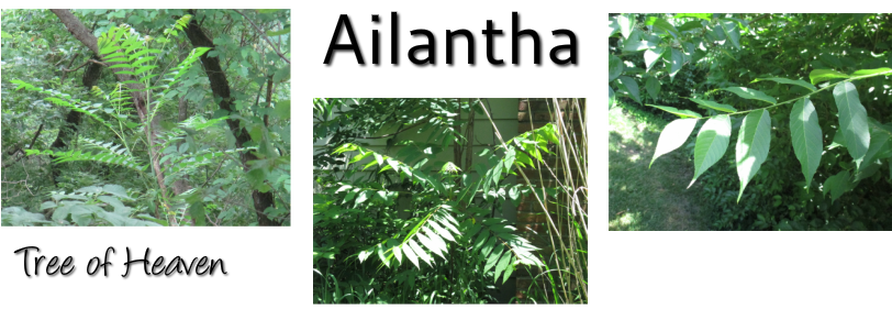
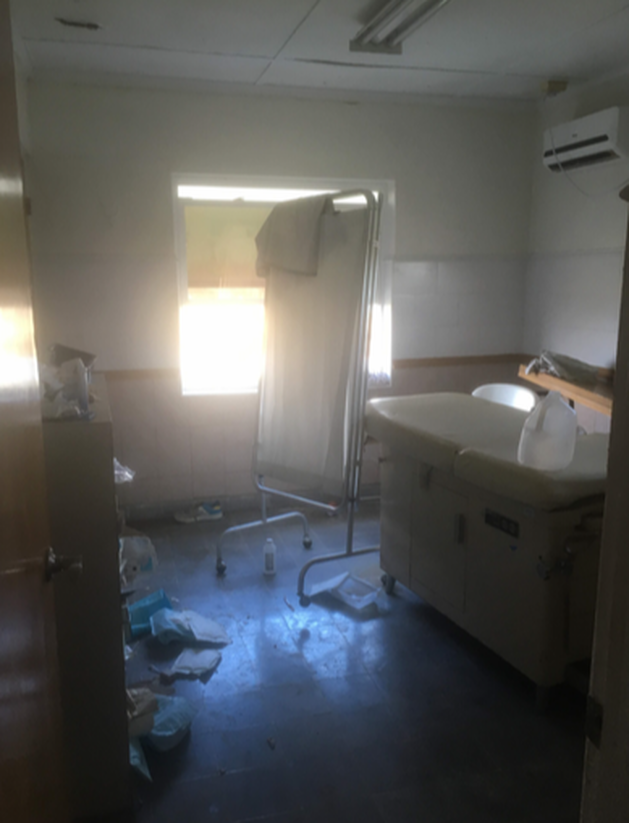
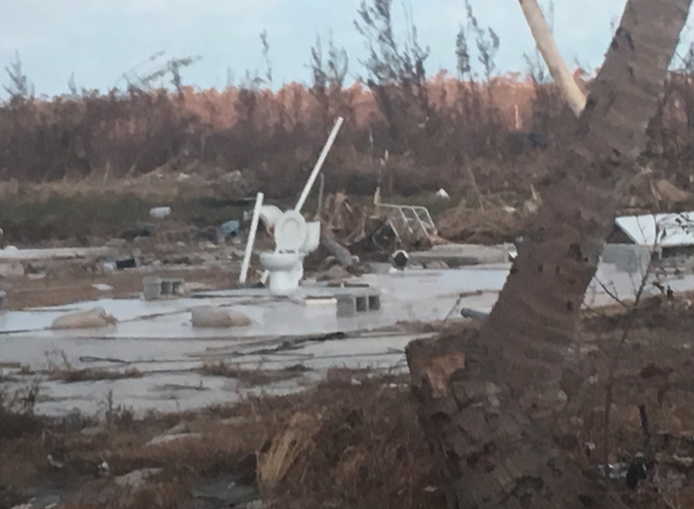
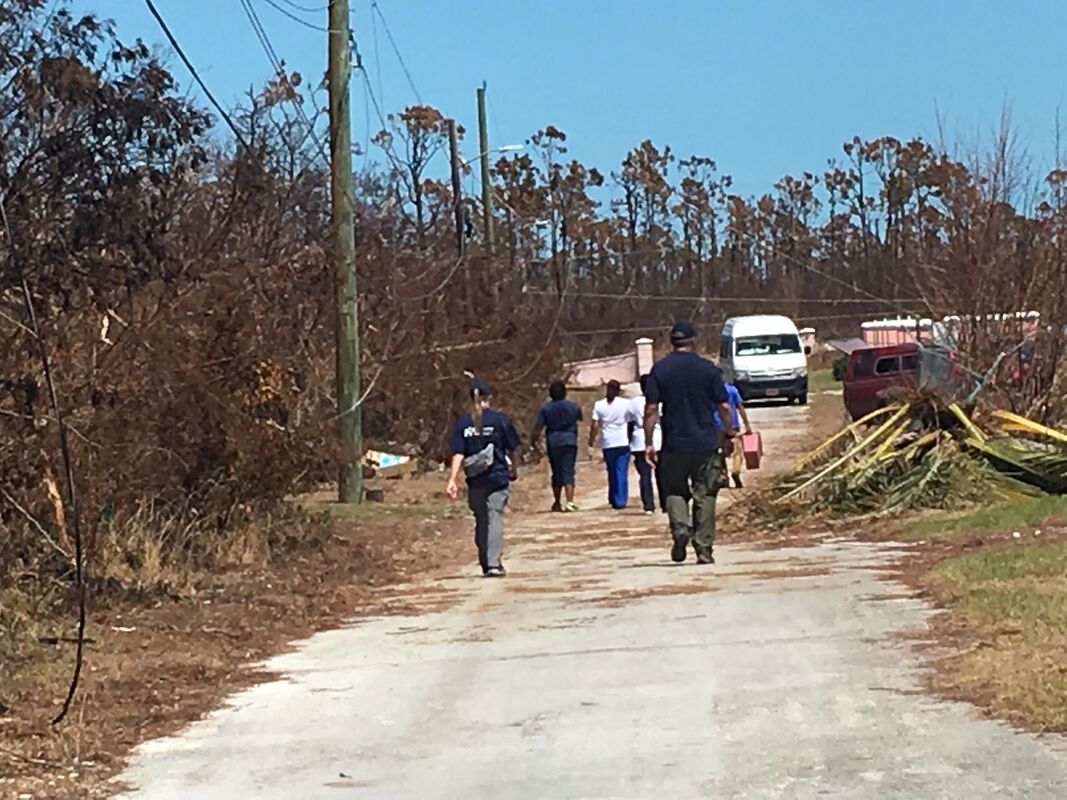
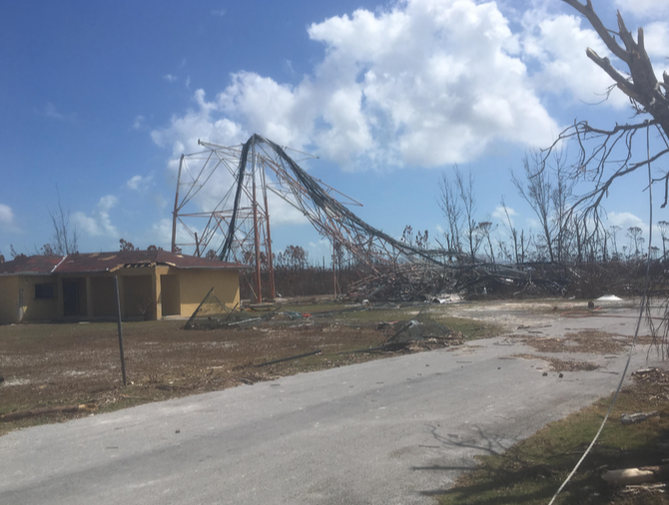
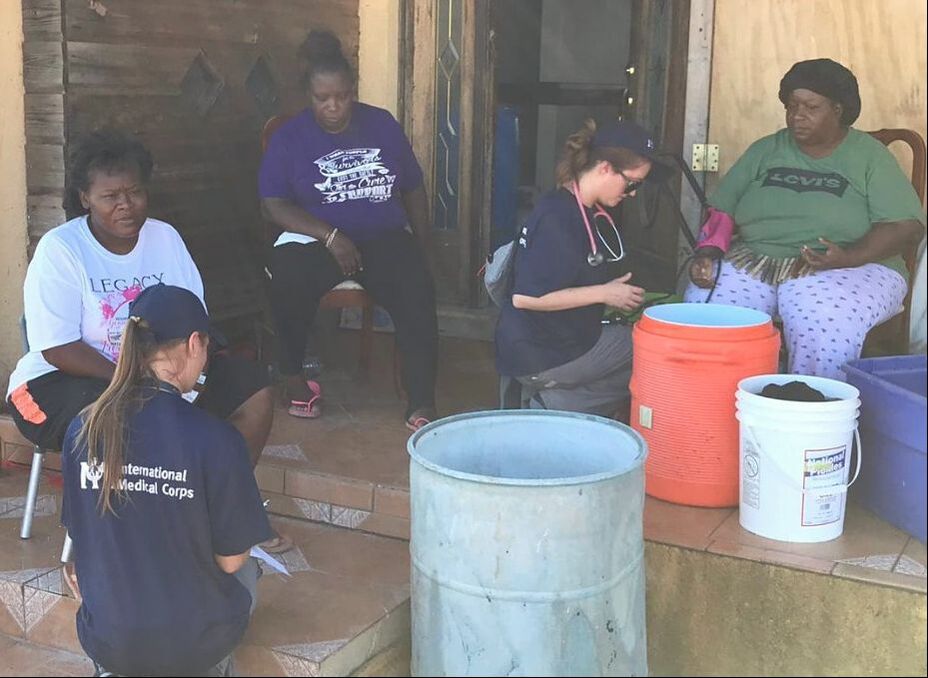
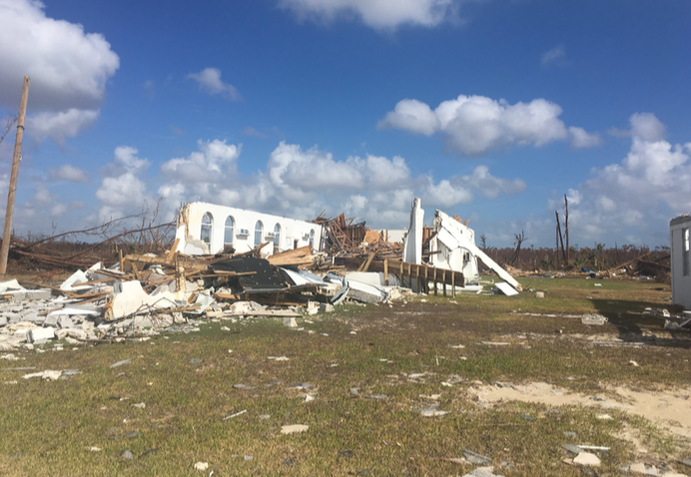
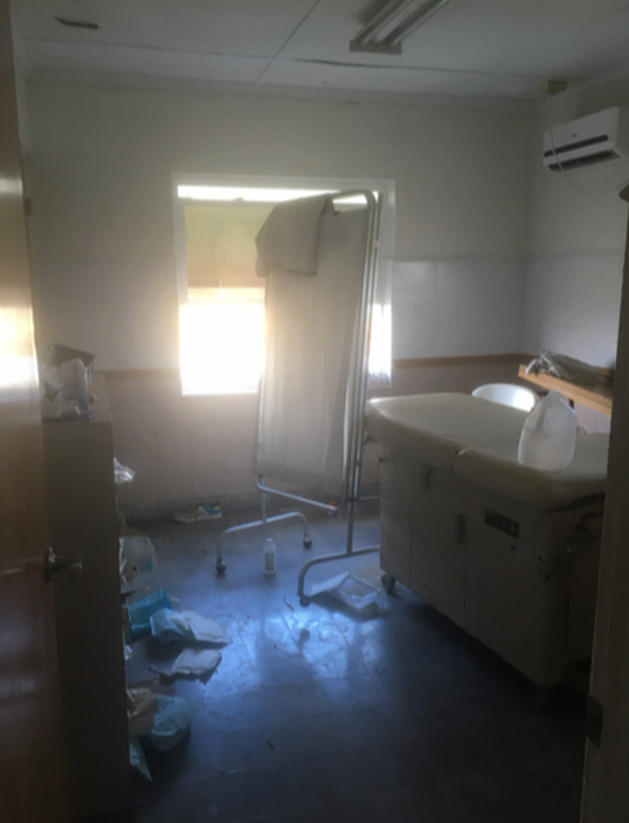
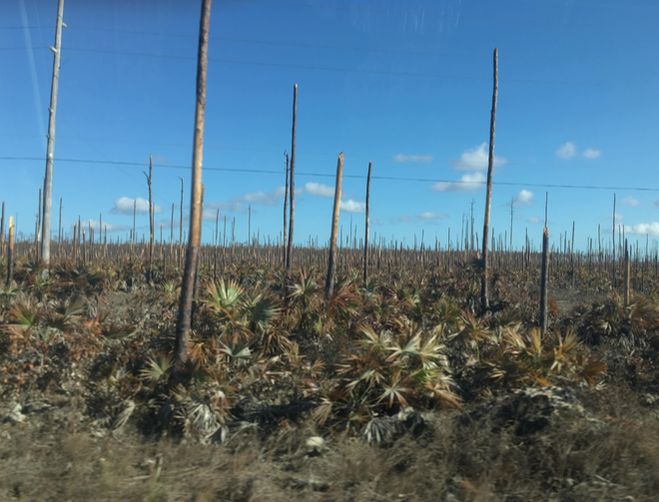
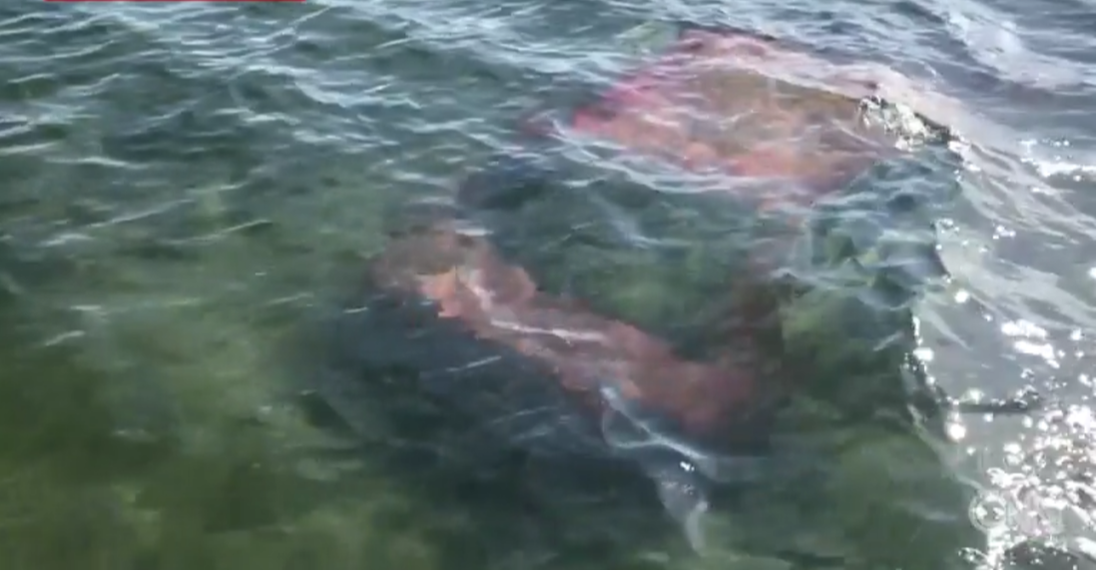
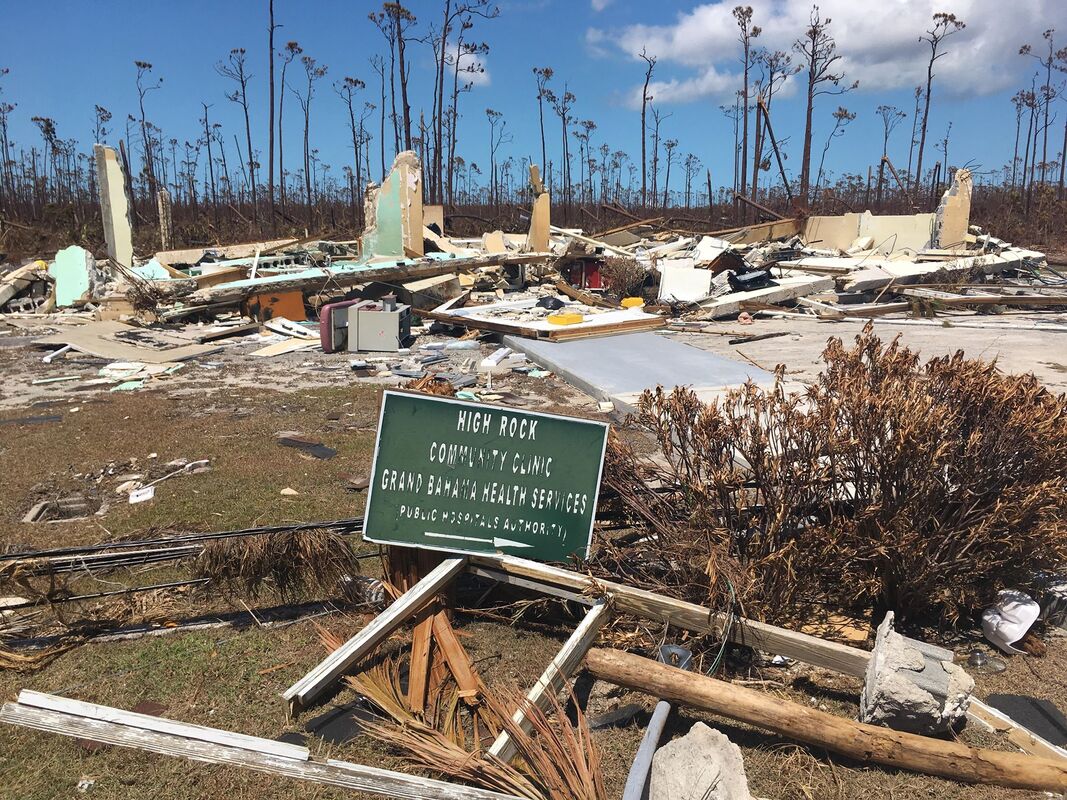
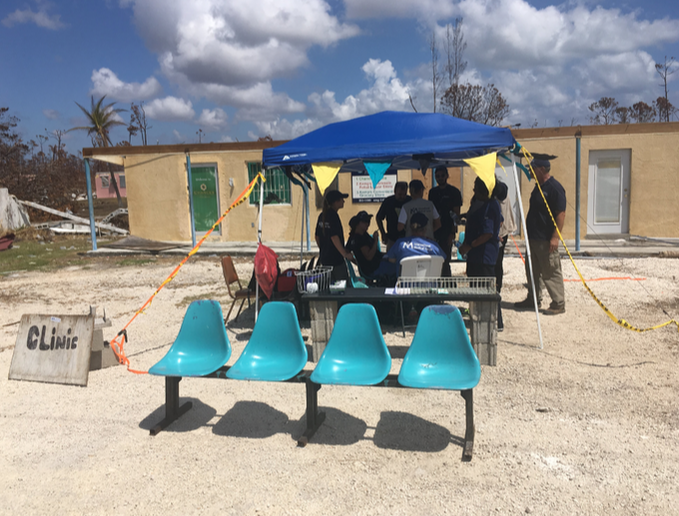
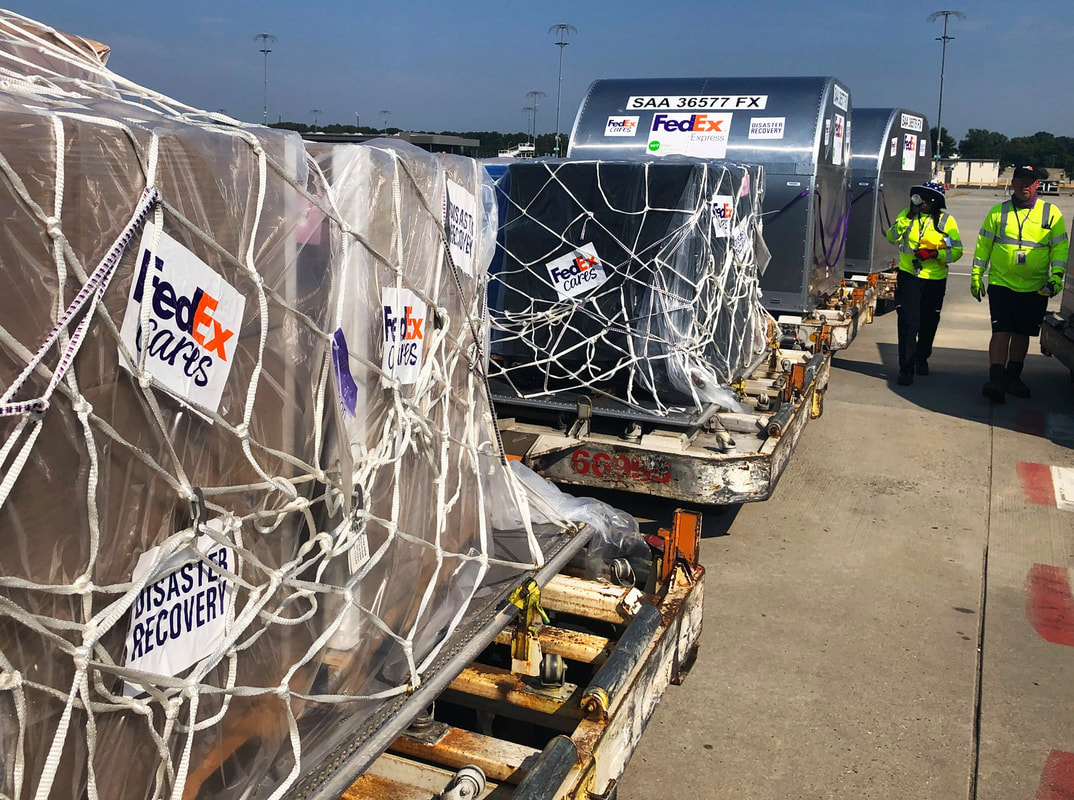



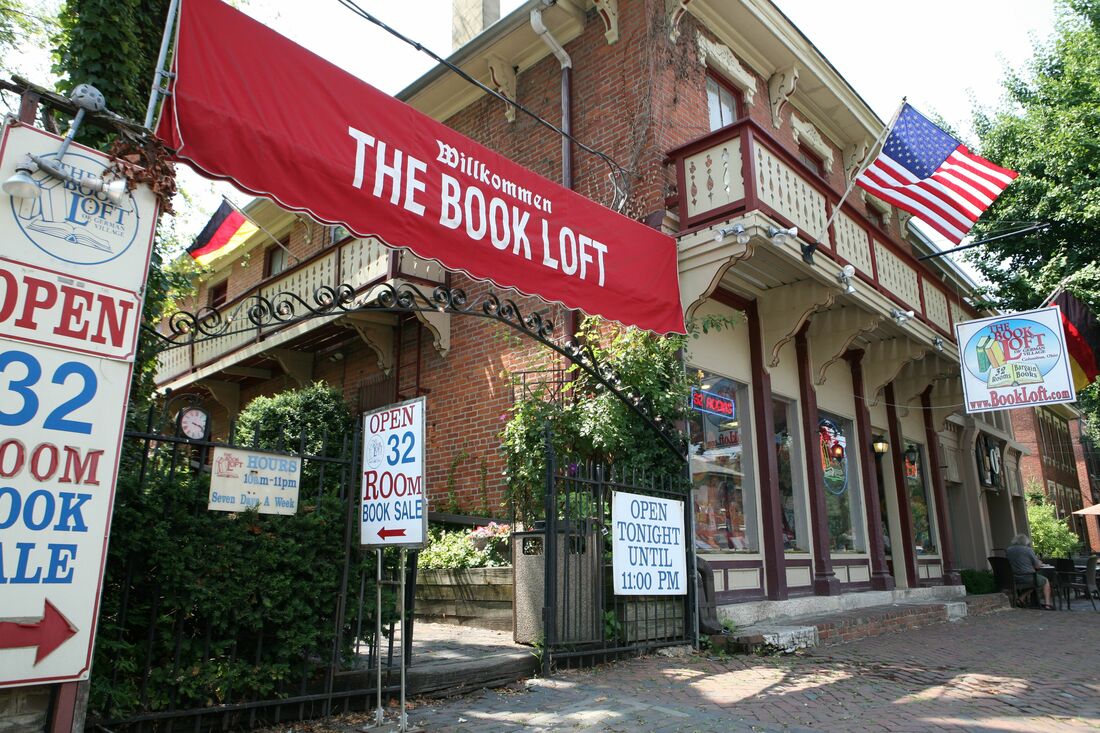

 RSS Feed
RSS Feed